Motorola Edge 40 Pro review: A confident flagship with few flaws
Motorola Edge 40 Pro: Two-minute review
With the Motorola Edge 40 Pro, Motorola has once again made its Pro handset a true Android flagship. The company has packed in all the de rigeur trappings of a flagship phone – so you’re getting the best processor, all the latest connectivity standards, nicer materials, and the like.
The phone impresses at everything you would want it to do. Even its plain black colorway is nice to look at. The soft round edges are comfortable to grip, and the material at the rear feels nice to the touch.
The software is clean and well considered – it’s closer to a stock Android experience than most; with some minor additions. There are some small issues, of course – the phone insists that you choose from a selection of recommended Moto apps during the initial setup, and downloads them unless you manually unapprove each one, but after that Motorola leaves you to it. The company promises three years of software updates, but we note with trepidation that the Motorola Edge 20 and Edge 30 are still on Android 12, even as Google is prepping Android 14 for release.
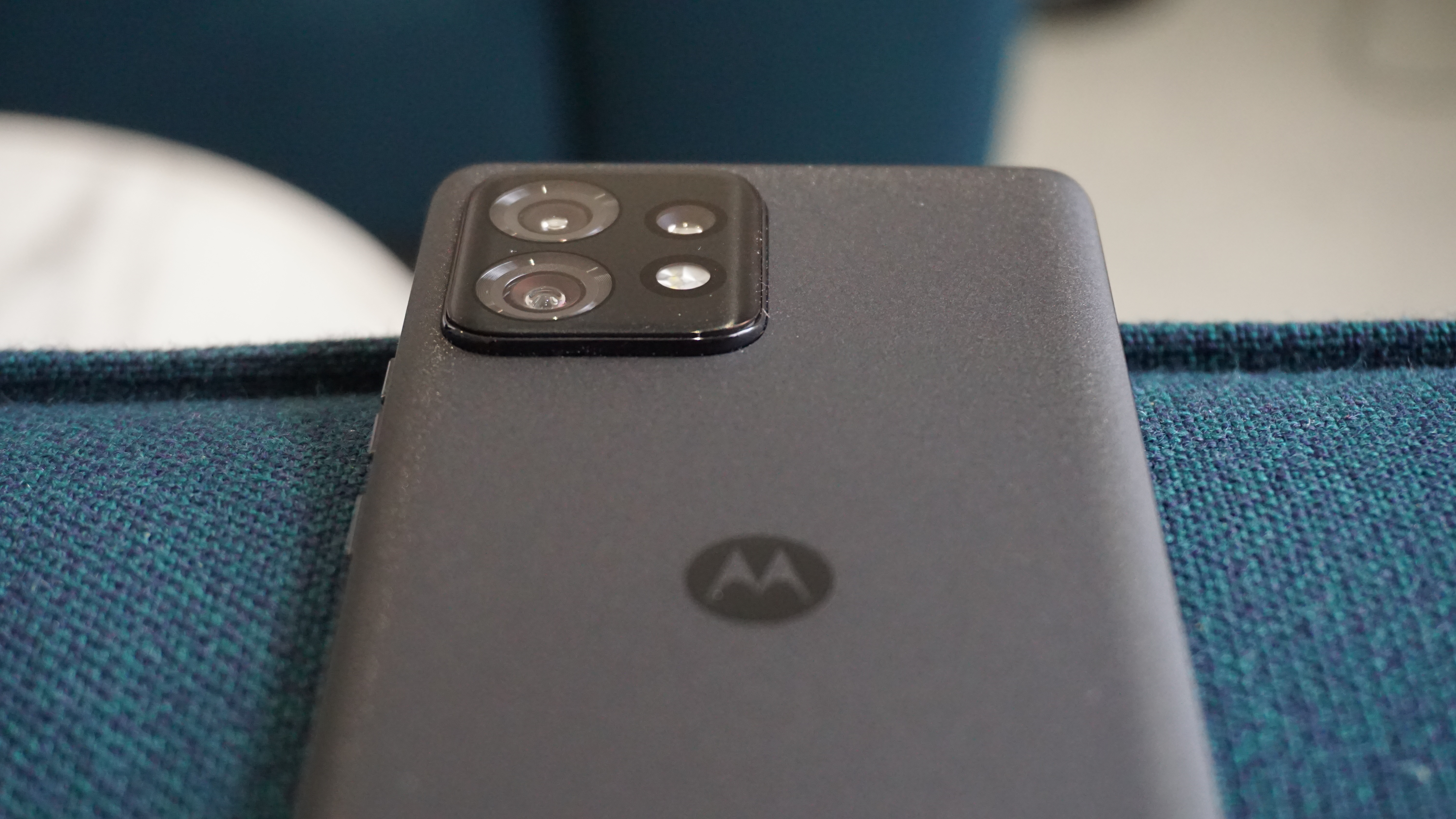
The camera takes images quickly and the sensors capture good dynamic range, although shots overall are only just above average. The front-facing camera is decent, but smooths out the skin in portrait shots a little too much.
The phone excels in the battery life and charging departments, thanks to optimizations facilitated by its Snapdragon 8 Gen 2 chipset, and 125W fast-charging tech.
The Motorola Edge 40 Pro is a strong entry into what’s shaping up to be a competitive market for Android phones in 2023. At £799.99 (availability and pricing have yet to be confirmed for the US and Australia), it’s a little expensive, but you are definitely getting what you're paying for here.
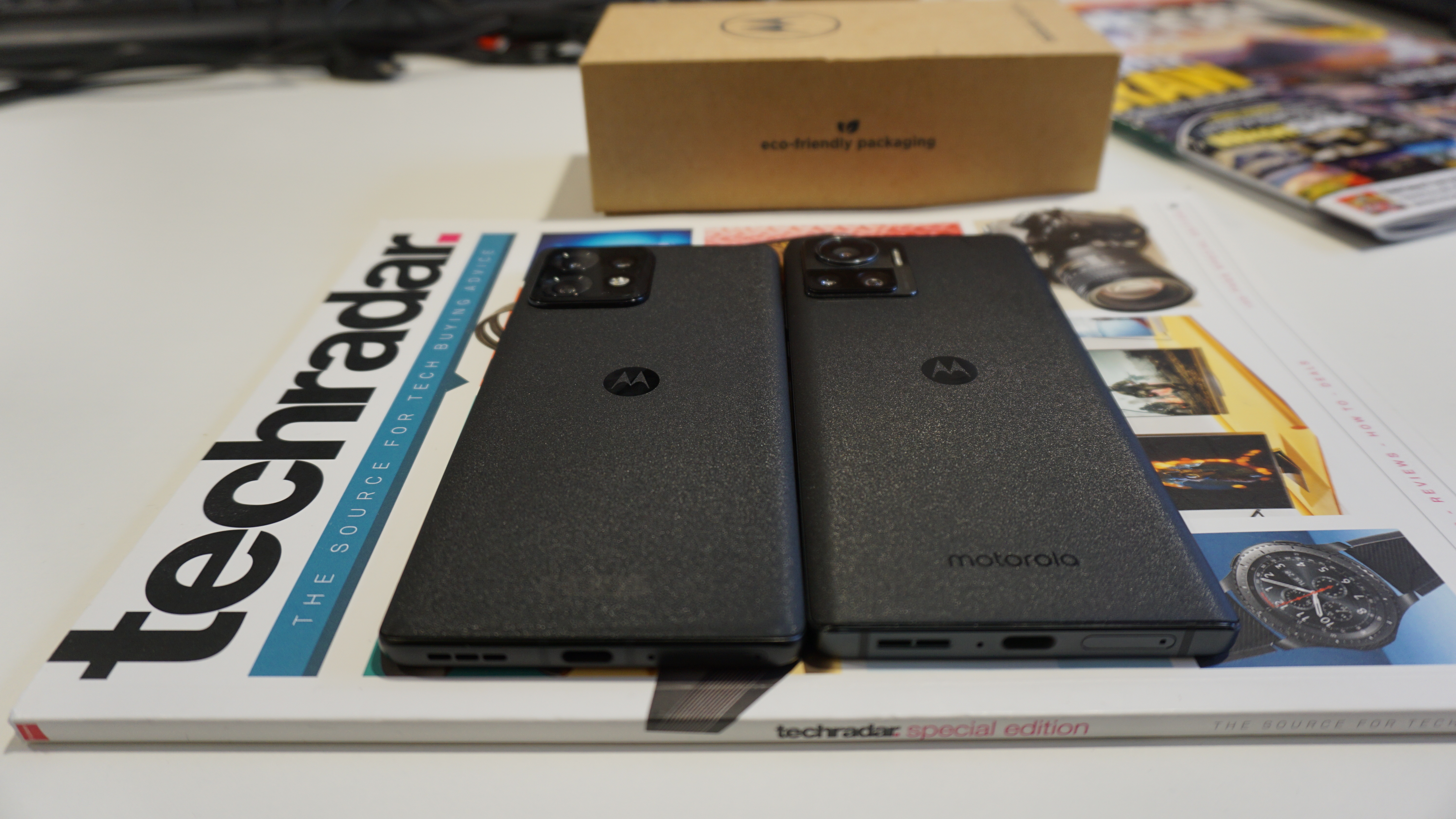
Motorola Edge 40 Pro review: price and availability
- Priced at £799.99 in the UK (directly converts to $995 / AU$1,480)
- Unconfirmed for the US but Motorola says it may have something to announce later in the year
- Available from April 4
The Motorola Edge 40 Pro is on sale as of April 4.
In the UK, the phone is priced at £799.99, which is comparable to competing phones from Apple, Samsung, and Google. The OnePlus 11 is a bit cheaper in the UK – at £729 for the base model, while the Xiaomi 13 will set you back £849. The Edge 40 Pro is priced cheaper than most brands’ Pro variants, so there’s some unmistakeable value here, if you want to look at it that way.
Motorola has not yet announced an Edge 40, 40 Fusion, 40 Neo, or 40 Ultra model. While either of those first three more affordable variants could emerge down the line, as some rumours have suggested, it’s hard to imagine Motorola releasing an Motorola Edge 40 Ultra this year when – spoiler alert – the Edge 40 Pro is so good.
The company has not announced US or Australia availability. It’s available directly from Motorola now, and will be available from more retail outlets in the coming weeks.
- Value score: 4 / 5
Motorola Edge 40 Pro review: specs
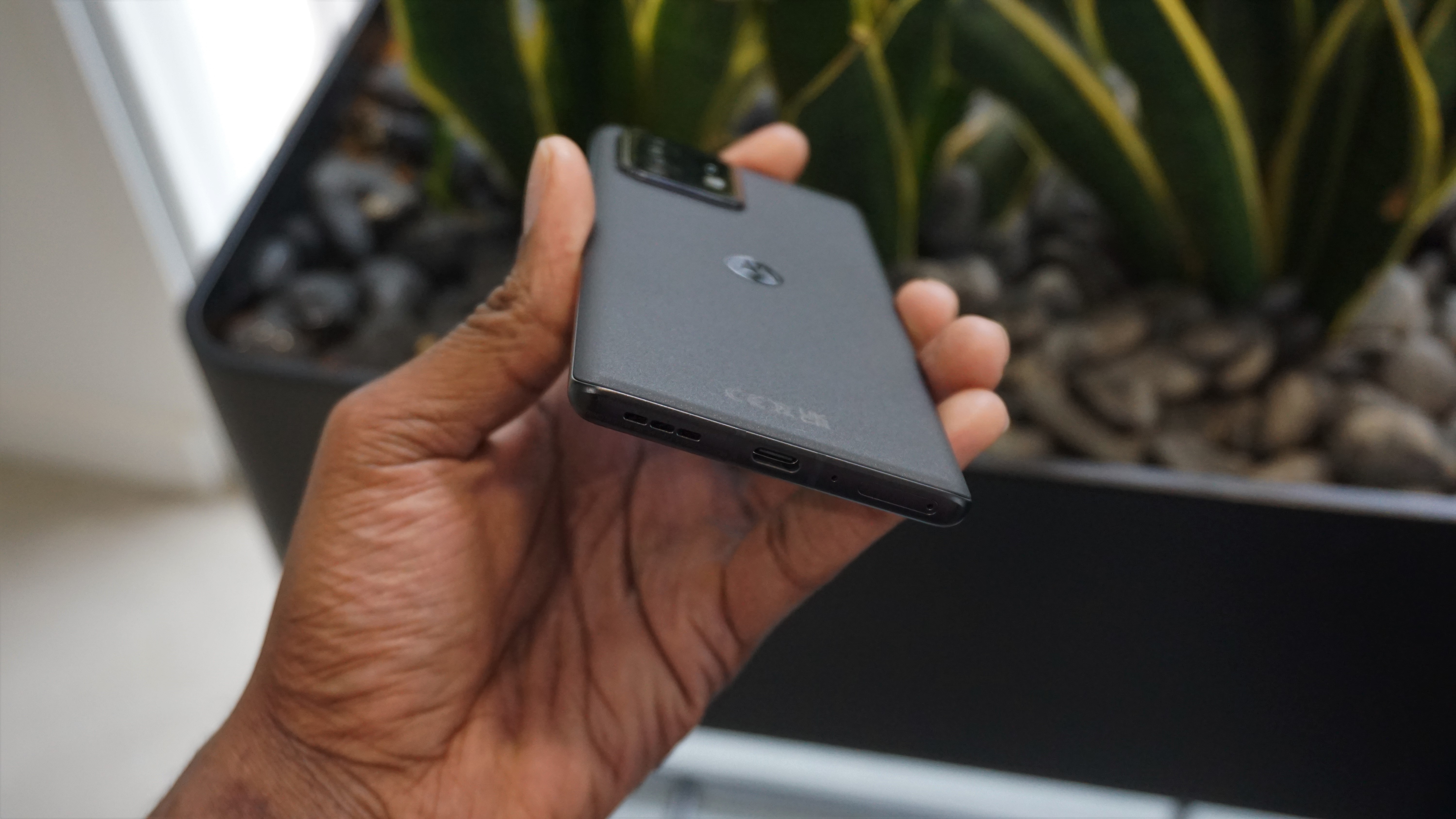
Motorola Edge 40 Pro review: design
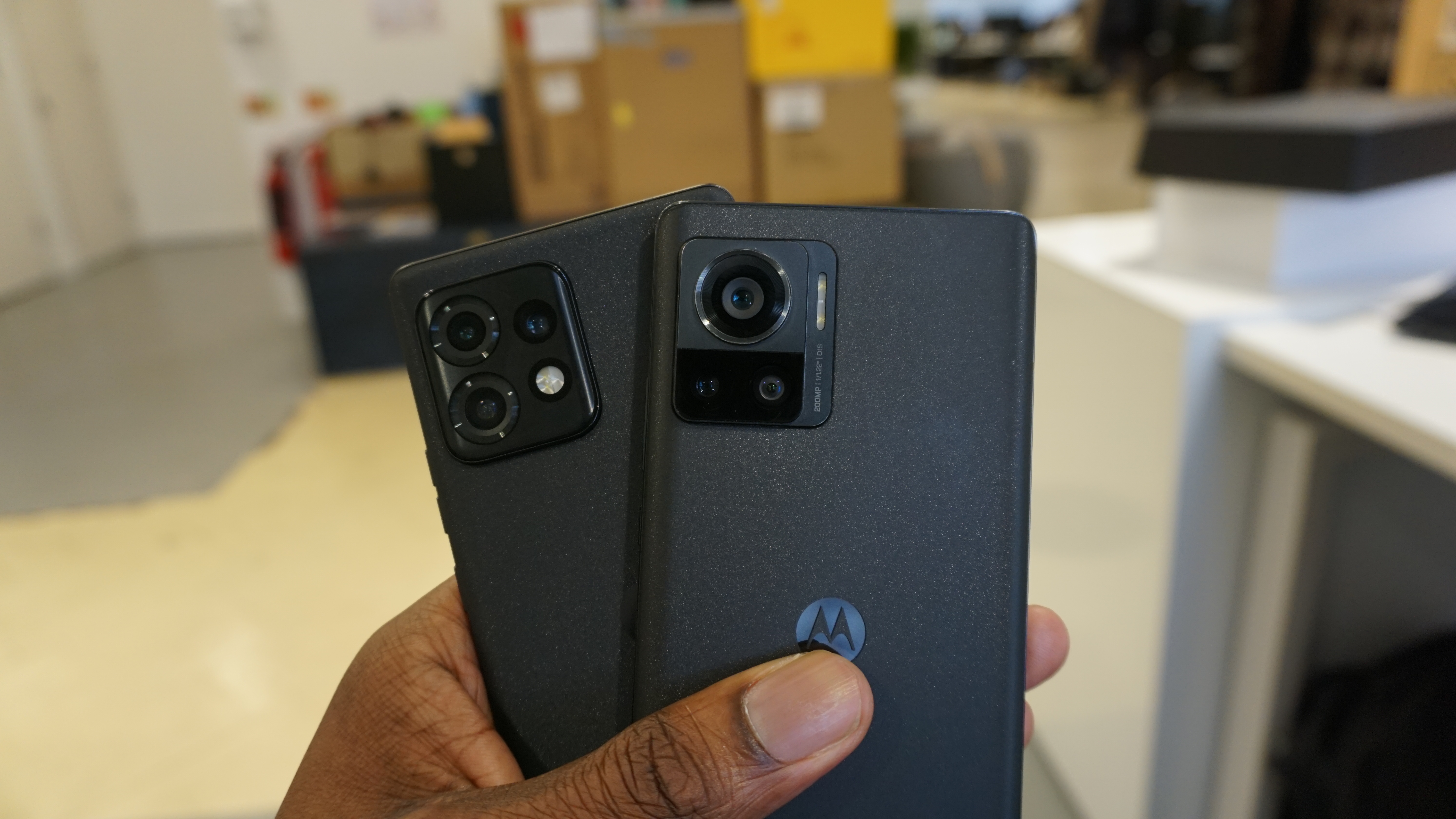
- Borderless design
- Curved edges
- Soft-touch matte glass.
The Motorola Edge 40 Pro takes a lot of its design DNA from the Motorola Edge 30 Ultra, rather than the Edge 30 Pro. It’s all the better for it, though. It has the same soft-touch matte glass you’ll find on the Edge 30 Ultra, a similar rear camera layout, and a nigh-identical front design. It even has similar dimensions – although the cases aren’t transferable, in part because with the Edge 40 Pro, Motorola has made the welcome decision – from an ergonomic standpoint – to switch back to a rounded-edge design.
The iPhone 12 made flat sides on smartphones popular again, and many manufacturers rushed to copy Apple. However, flat sides aren’t always the best tool for the job, even if they are now regarded as ‘modern’. They can dig into the palm, and cause otherwise well-balanced phones to sting.The Edge 40 Pro feels a lot nicer in the hand; it’s nicely rounded, well balanced, and soft to touch, compared to the Motorola Edge 30 Ultra.
The rounded look and feel is accentuated by the curved edges of the display. The curved vs flat debate has raged ever since Samsung introduced curved edges on its Edge phones. If you like them, you like them; if you don’t, you don’t. These curves are a lot subtler than the extreme curves you’ll find on a Pixel, and more like what you’ll find on top-end Chinese phones from the likes of Xiaomi and Oppo. They’re aesthetically pleasing, but in functional use they can be a little annoying sometimes, and I think flat edges would be better practically speaking.
Now, let’s talk about materials. This year, Motorola has gone all in on premium materials. The matte glass from the Edge 30 Ultra returns, but Gorilla Glass Victus covers the phone on both sides rather than the older Gorilla Glass 5 on the Edge 30 Ultra or Gorilla Glass 3 on the Edge 30 Pro. The sides are aluminum. I keep comparing this phone to the Edge 30 Ultra because again, while it’s this year’s‘Pro’ model it’s more or less an upgrade of last year’s Ultra and more deserving of the Pro name than last year’s Pro.
Motorola has made a phone that is nice to look out and nice to hold, and that’s all it really needs to do.
- Design score: 4 / 5
Motorola Edge 40 Pro review: display
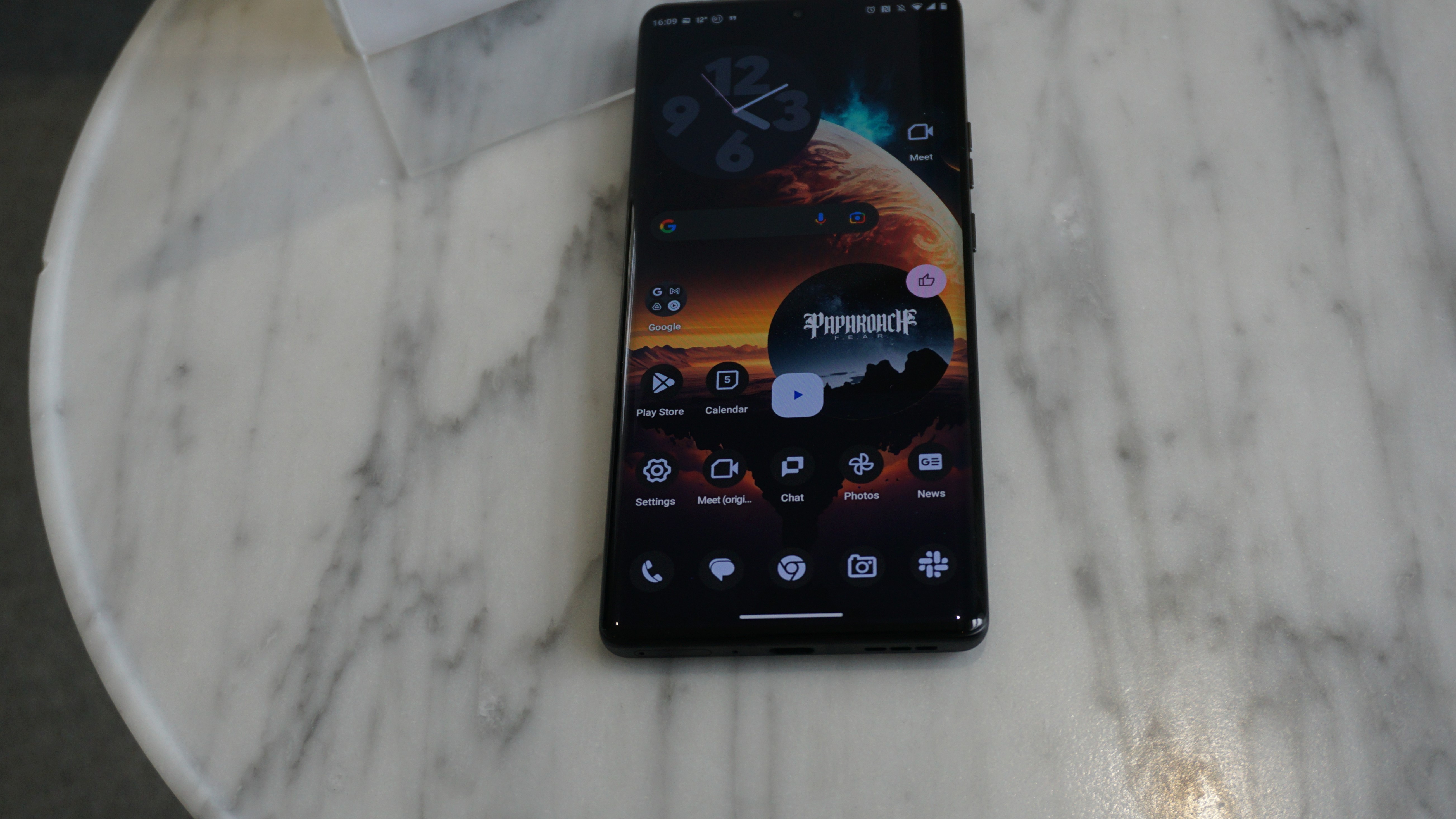
- 6.7-inch Full HD+ (2400x1080) pOLED
- Up to 165Hz variable refresh rate
- Curved-edge display
The Motorola Edge 40 Pro has a good-looking display, and the specs – like the rest of the phone – sit up there with some of the best. It’s a large and immersive 6.67-inch Full HD+ panel, that’s only broken up by the 60MP front-facing camera (more on that later). It’s great for scrolling your social feeds or watching videos on your commute, and it’s also great for games. The taller, narrower 20:9 aspect ratio, paired with the phone’s more rounded form means that it’s a lot more comfortable to hold for long periods than an iPhone and, of course, native Android tools like split screen make good use of the available display space too.
As with all Android flagship phones, the 40 Pro sports a high refresh rate, although the 165Hz maximum available here exceeds the 120Hz peak of most rivals. The refresh rate is set to adaptive 120Hz by default, meaning it’s optimized depending on what you’re doing on your phone, but you can also manually set it to 60Hz, 120Hz, or 165Hz; with 60Hz the best option for conserving battery, and 165Hz delivering maximum fluidity for gaming.
You can choose between Natural and Boosted color profiles too. I prefer Boosted as I’m a fan of bright, popping colors but, of course, your mileage may vary. It's a bright display that can go up to 1300nits in peak conditions; that’s not quite as bright as the super-bright iPhone 14 Pro Max, but it is brighter than the iPhone 13 Pro Max, and it’s almost double the Motorola Edge 30 Pro’s 685nits.
- Display score: 4.5 / 5
Motorola Edge 40 Pro review: software
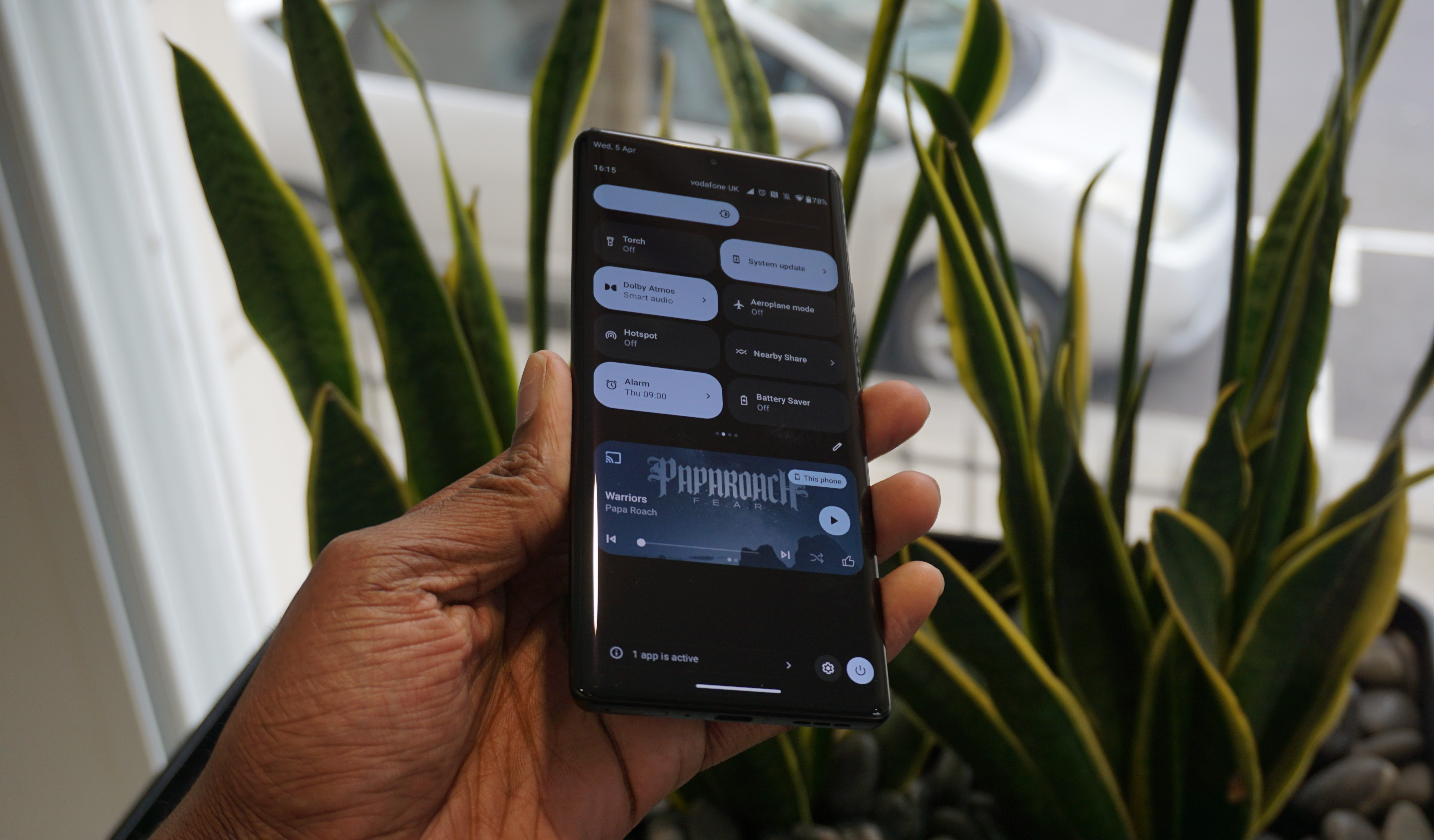
- Android 13 at launch
- Clean take on Android
- Three of years OS updates + four years security updates
Motorola’s software is very clean. It reminds me of Google’s take on Android – except Motorola has left in some things in that Google has taken out.
The software itself works well and is unobtrusive. The interface uses Google’s Material You design language, and if you’ve encountered it on a Pixel phone, and loved it, you’ll love it here too. There are small differences mostly with regards to theming and customization, and to my eye they’re for the better. On Motorola’s MyUX, for example, you can still change your font and icon size, as you could on Pixels running Android 11 and older – someone should let Google know that leaving this option in neither ended the world nor broke Material You.
Motorola promises three years of software updates and four years of security updates. It’s on a par with Google for the former, but behind Google’s five years of security updates for its Pixels.
While three years of updates is admirable from the point of view of reducing e-waste and helping people keep their phones for longer typically is, the regularity with which Motorola rolls out updates is less so. Perhaps people don’t care about updates as much these days.
Maybe Android updates have gotten increasingly incremental, and those who do want regular updates already look to literally any other Android brand (aside from HMD Global, which is just marginally less terrible in this respect) or believe that Google's habit of instead keeping features up to date via the Play Store is enough. Either way, we won’t be holding our breath for Android 14 or 15 to come to this phone quickly. For context, Motorola just rolled out Android 13 to the Edge 30 Pro. If you’re buying the Motorola Edge 40 Pro, know that you’re going to have to be very happy with Android 13, or consider looking elsewhere.
- Software score: 3 / 5
Motorola Edge 40 Pro review: cameras
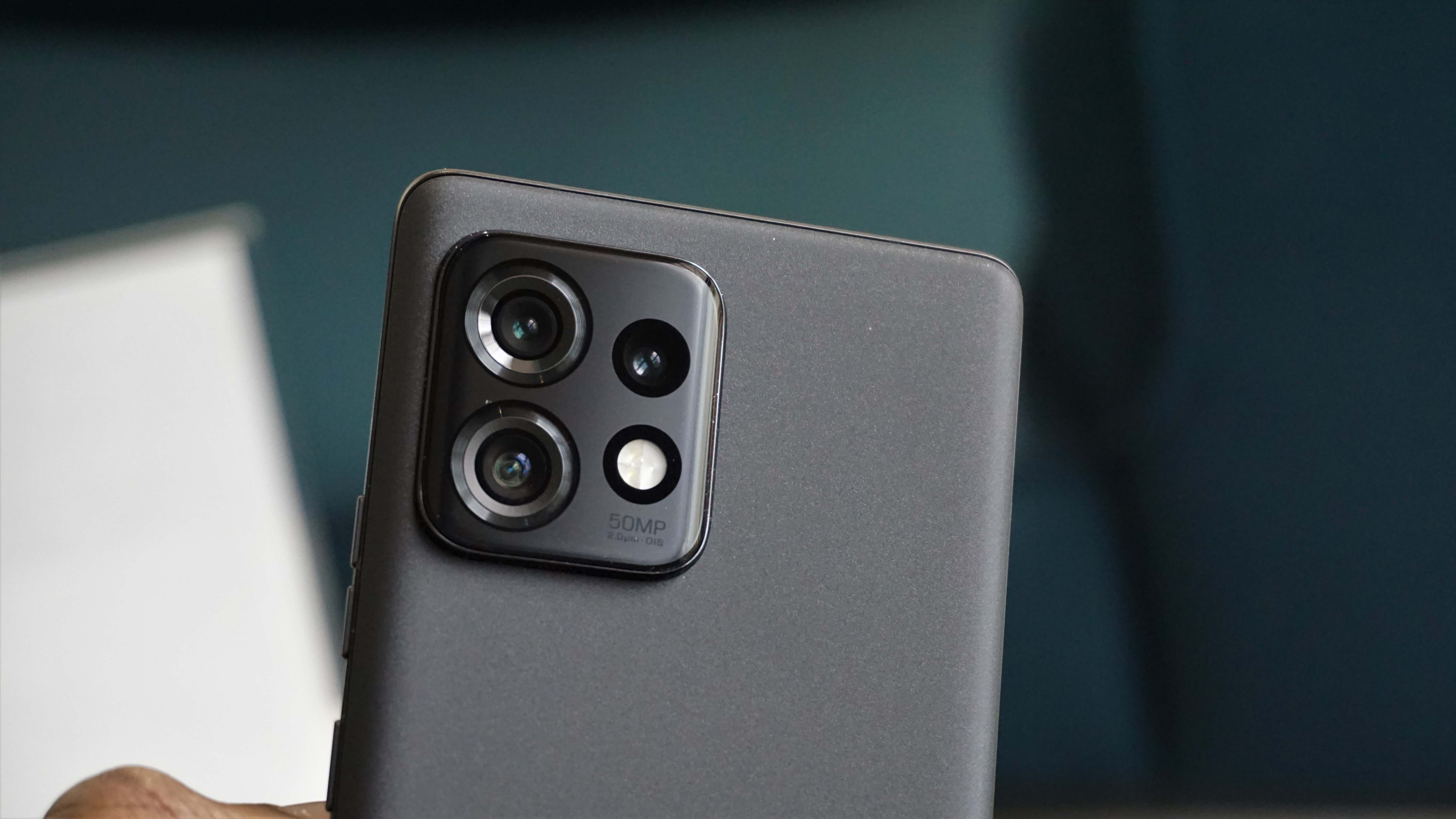
- Triple rear camera layout (50MP + 50MP + 12MP)
- 60MP selfie camera
- Raw support
The Motorola Edge 40 has a great camera experience and set up The Motorola Edge 40 Pro has a triple-lens rear camera setup, comprising a 50MP f/1.8 main camera, a 50MP f/2.2 ultrawide – with a 114-degree field of view, and a 12MP telephoto.
The power of the Snapdragon 8 Gen 2 processor is on show here in spades. Images capture quickly and speedily, and shots have good dynamic range and color reproduction. However, image quality is one area where you’re reminded that – despite the similar-looking software – this isn’t a Pixel (or any other of the best camera phones currently out there, for that matter). Crop in on images and they quickly begin to resemble watercolor paintings, as fine detail goes missing. For sharing to Instagram or TIkTok, though you’re good. Images taken at night are also serviceable, but you likely won’t be printing them out and framing them.
Looking back at our reviews of the Motorola Edge 30 Pro and Edge 30 Ultra, the failings seem to be about the same here. It is a Motorola phone with a Motorola camera. Amazing on paper, just good in real life. It’s a Motorola camera. It should do a lot better than it does. It just doesn’t.
Motorola Edge 40 Pro camera samples
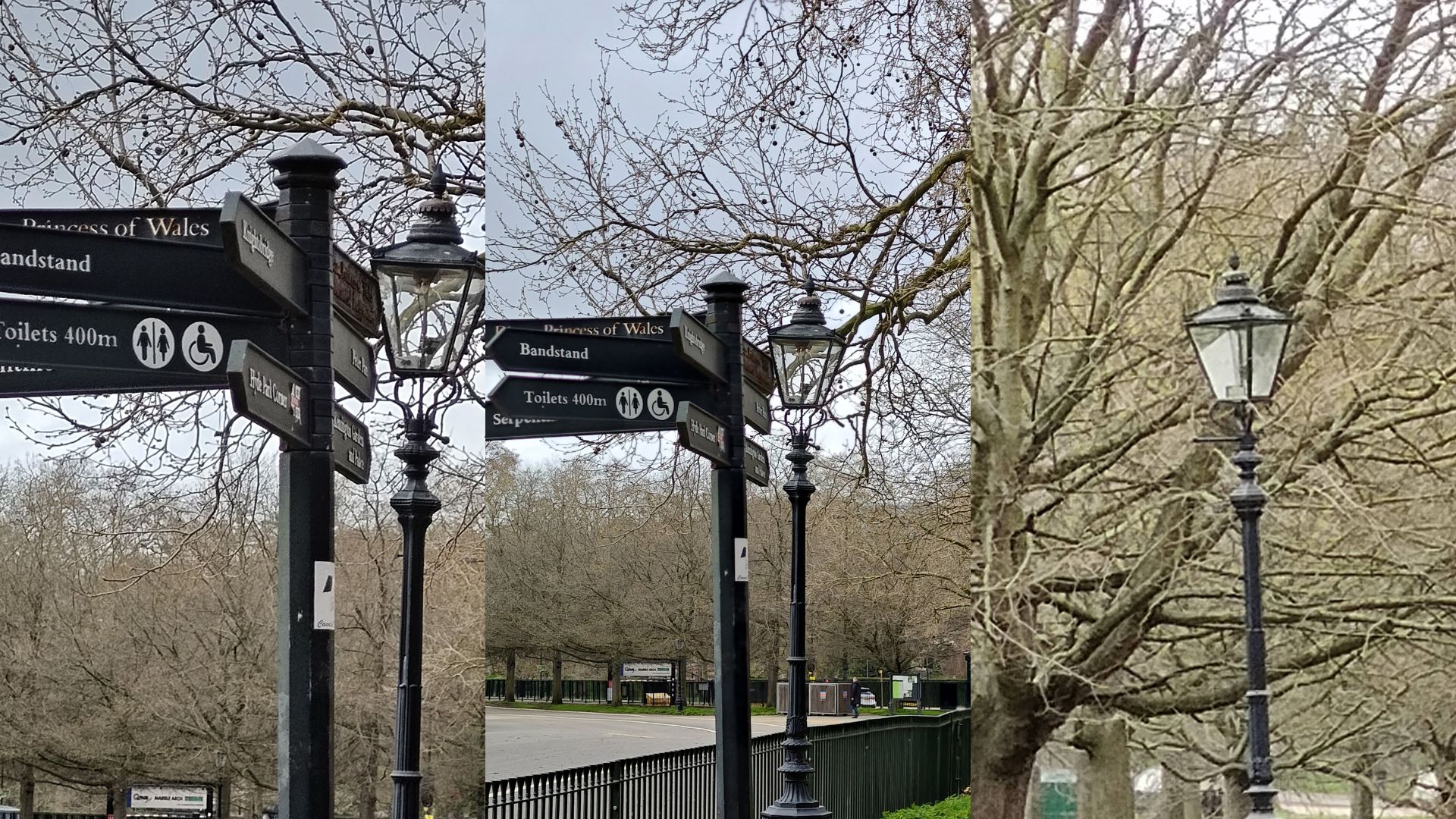
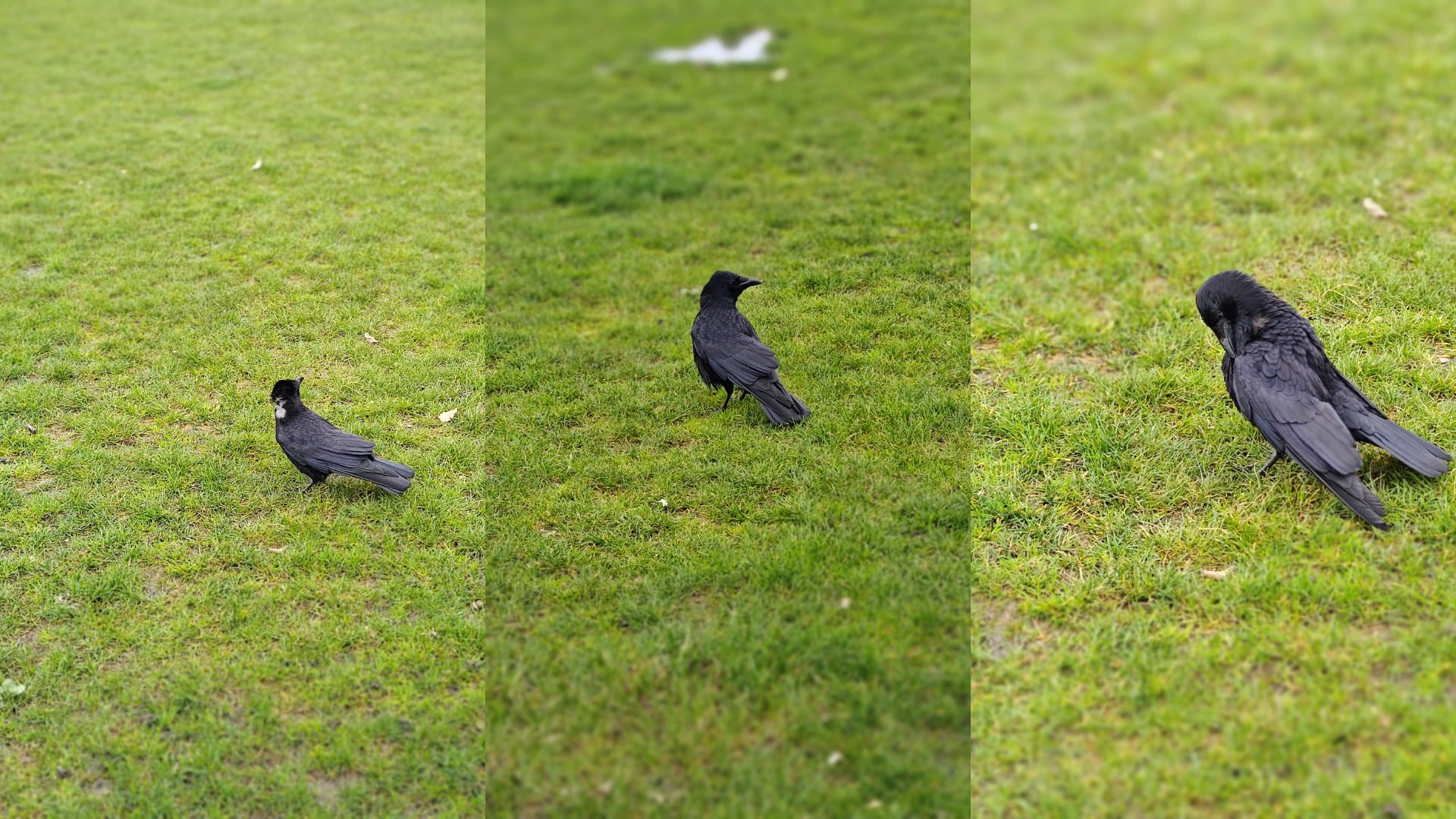

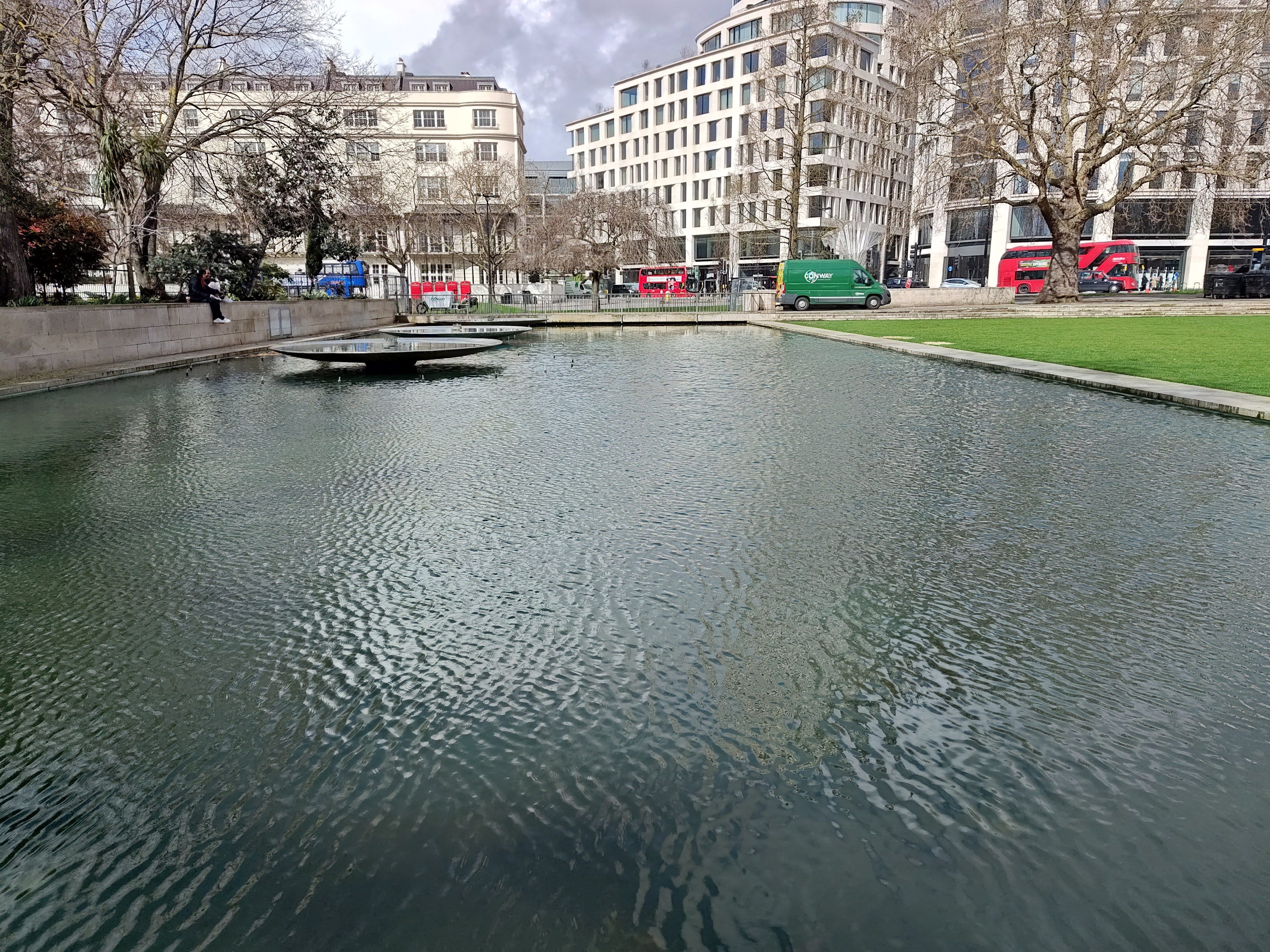
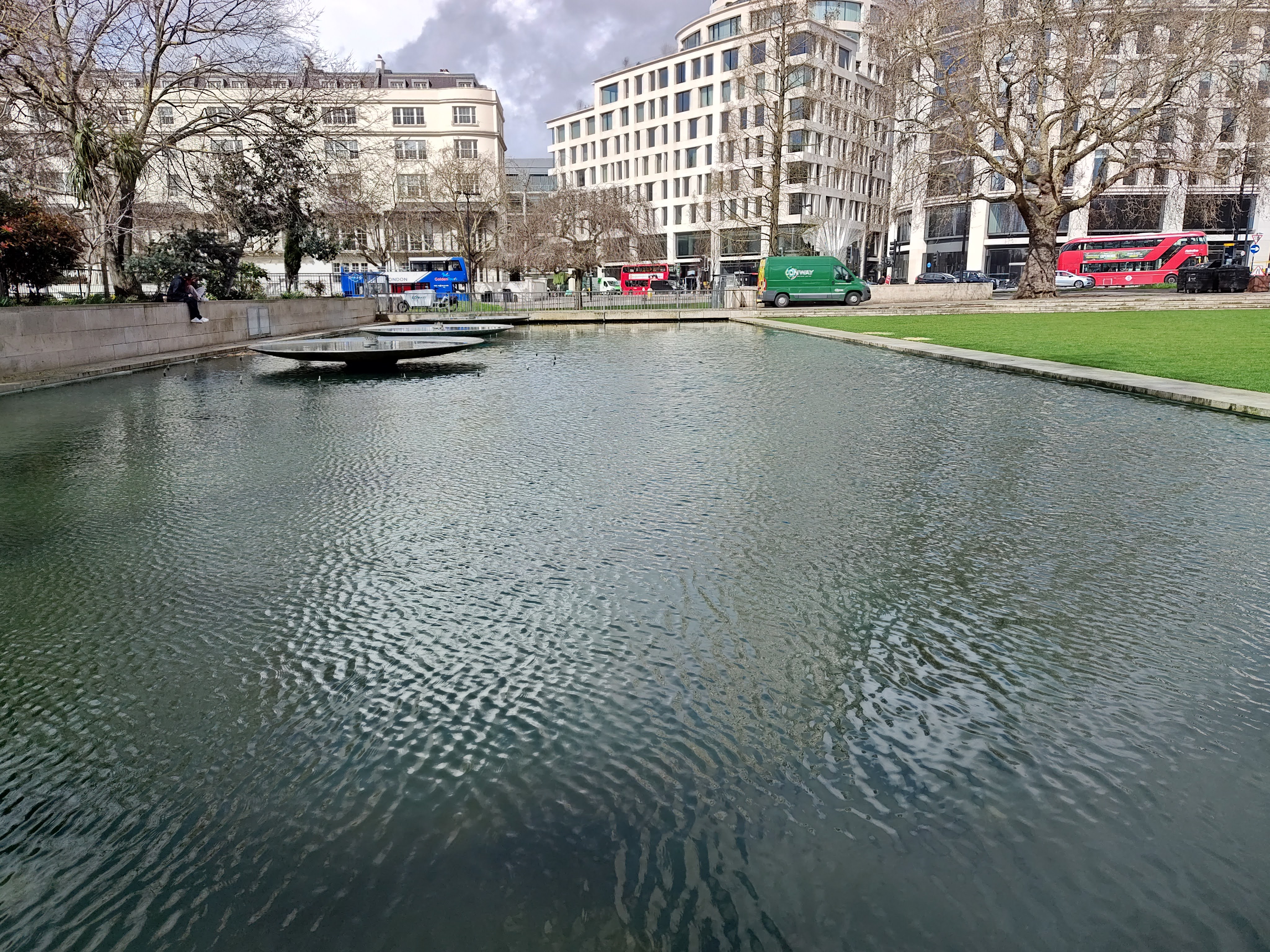

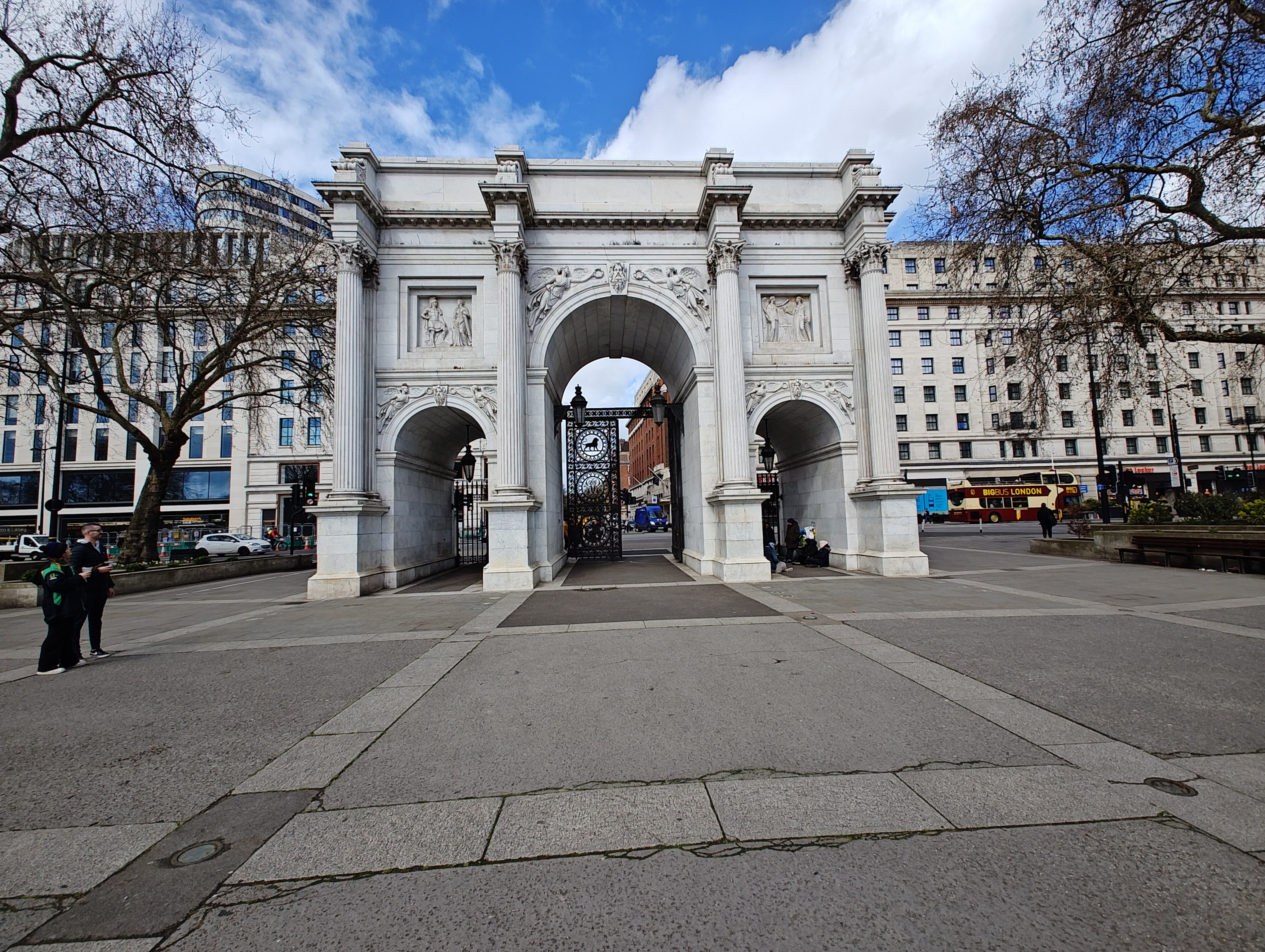
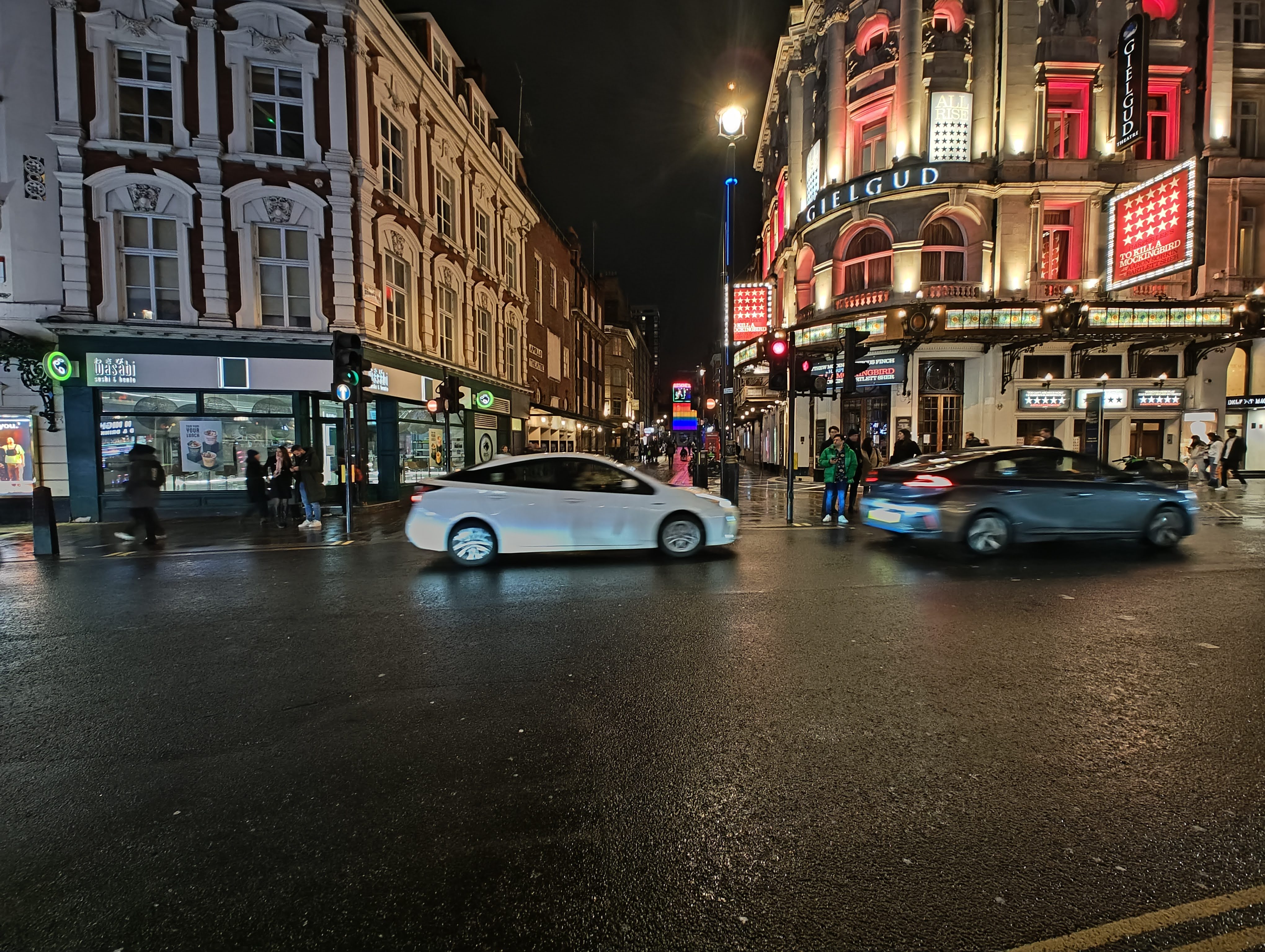
This is a Motorola phone with Motorola cameras, and it should do better. While the specs promise outstanding performance, the reality is rather underwhelming; it’s just ‘good’, where it should be amazing.
There is one thing I must call out, though. You can overcome the phone’s image quality shortcomings to a degree by shooting in RAW format. As on Apple’s iPhones, you can tweak the exposure and color of RAW images to a greater degree than you can that regular images, enabling you to push shots that might otherwise only be a 6 or 7 to 9 or even 10. It’s not something everyone will want to get into (I don’t), but if you like this phone and want to improve the quality of its camera output, it’s an option.
- Camera score: 3.5 / 5
Motorola Edge 40 Pro review: performance
- Snapdragon 8 Gen 2 SoC
- 12GB RAM (LPDDR5X)
- Up to 512GB of storage (UFS4.0)
In terms of specs, the Motorola Edge 40 Pro is every inch a proper flagship that’s comparable to the best that Samsung, Oppo, and Xiaomi have to offer. This means it has all the requisite high-end Android specs, including the latest chipset in the Snapdragon 8 Gen 2, backed by 12GB of LPDDR5X RAM, with either 256GB or 512GB of UFS4.0 storage. Basically, it is a very fast phone and – when it comes to downloading Netflix shows I trick myself into thinking I’ll have time to watch, or hoarding graphic novels on Comixology – I know I’m not going to get pestered by low-storage warnings.
It also supports all the latest connectivity standards, including USB 3.2, Bluetooth 5.3, Wi-Fi 6E, and Wi-Fi 7. 5G on a flagship is, these days, a given.
There are dual speakers at the top and at the bottom of the handset. They’re Dolby Atmos-tuned, and they’re great for watching TIkToks and other videos in those rare instances when you’re not listening over headphones.
There’s not much to say about the specs. They’re all very good and Motorola gets top marks here for putting together a compelling package.
- Performance score: 4.5 / 5
Motorola Edge 40 Pro review: battery
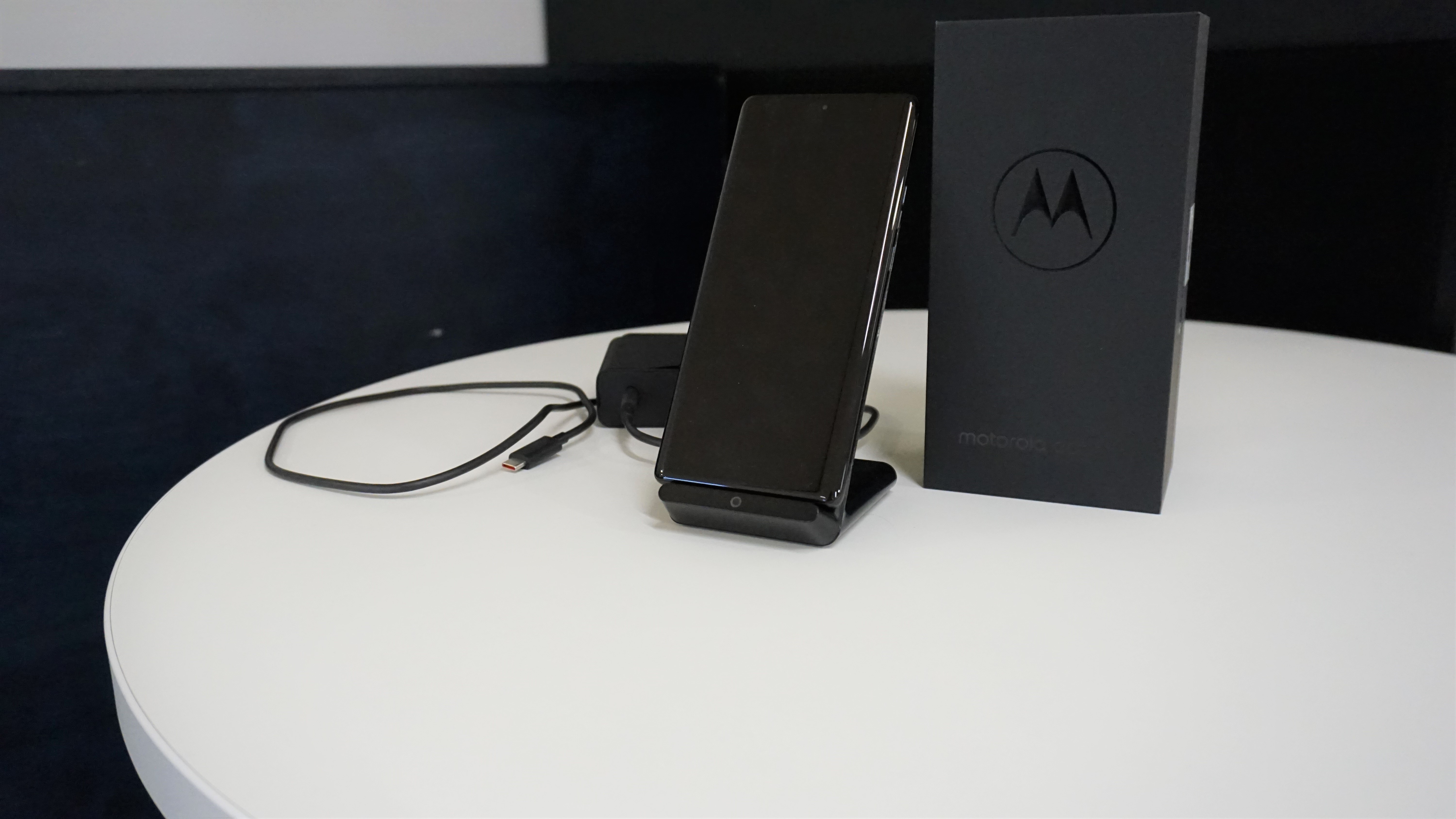
- 4,600mAh battery
- Supports 125W TurboPower charging
- All-day battery life
The Motorola Edge 40 Pro is powered by a 4,600mAh battery. That’s not especially large in the Android world – where Samsung and Google have equipped their latest flagships with 5,000mAh batteries, but a combination of the incredibly efficient Snapdragon 8 Gen 2 and 125W fast charging mean that battery life is unlikely to be an issue here.
First, let’s talk about longevity. Motorola’s phone proved very efficient in our testing, with the battery making it through a full day or slightly more. According to accubattery, the phone’s battery can last for around six hours of screen-on time – given my typical use patterns, and mixed usage will see that stretch into two days. I found that to be pretty accurate. Not that it ever got to that. Trying to kill the battery, so that I could see how fast it would charge to 100% from zero, was harder than anticipated – as is typical of Snapdragon 8 Gen 2 phones.
The 125W fast charging is the real deal. Motorola says the Edge 40 Pro can go from 0 to 100 in about 23 minutes, and that’s more or less what we saw. When 125W charging is enabled, a little indicator pops up showing just how fast the phone is charging, along with a ‘125W TurboPower’ icon on the lock screen. There are situations where the charger may not be able to draw the full 125W due to a bottleneck somewhere in the chain, in which case you’ll still get the ‘TurboPower’ indicator right around there but with no 125W notation. It’s still fast, which is nice to know, just not super-fast.
- Battery score: 5 / 5
Should you buy the Motorola Edge 40 Pro?
Buy it if...
You want a clean, stock Android phone with fast charging
There are many Android phones which offer even up to 240W fast charging speeds. If you want one that's built with an interface that's how Google intended, this is really your only option.
You want a powerful phone that costs a little less than rivals
Motorola has made a top-tier phone that costs a little less than value rivals like the Pixel 7 Pro and that is commendable.
You want a phone that lasts all day
The charging is incredibly fast, not that you'd need it with how efficiently the processor and battery work together.
Don't buy it if...
You want the absolute best Android camera
Motorola cameras have consistently been ok to good. This touches very good but falls short of great.
You want fast and timely updates.
Motorola is just not that company when it comes to updates. Complaining would be pointless. Just note it, weigh it, and move on.
Motorola Edge 40 Pro: Also consider
Motorola set out to make the vest big Android phone -- but not everyone likes everything.
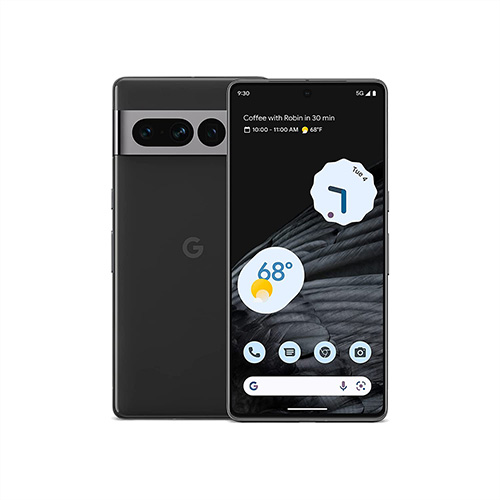
Pixel 7 Pro remains a solid phone that has quite a few of the advantages of the Motorola Edge 40 Pro. You keep the same excellent software but pick up faster updates and a better camera. It's a little pricier and the charging is quite literally 10 times slower.
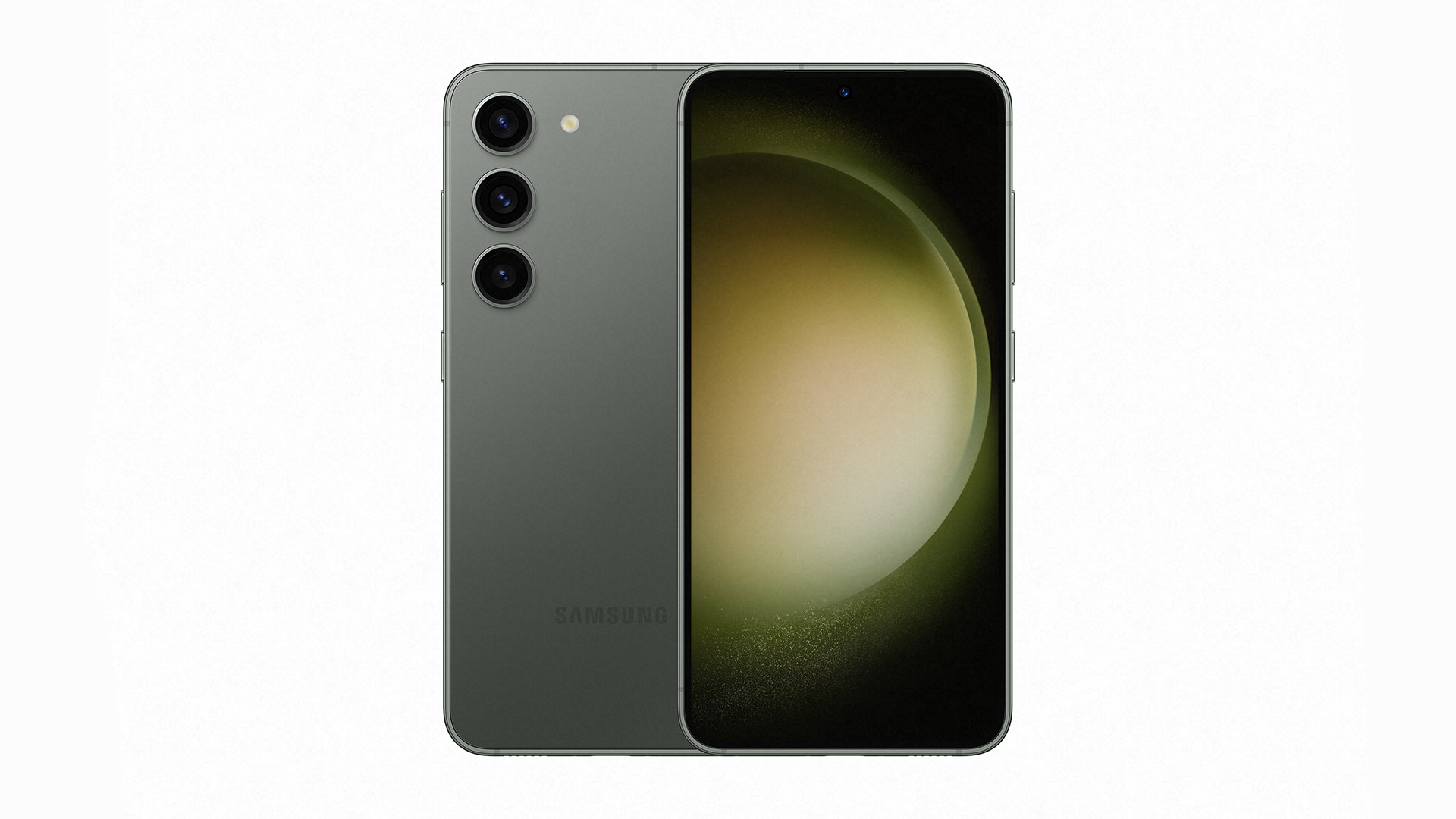
Samsung Galaxy S23 is the best Android phone of the year. A strong update policy, powerful and flexible cameras, and a broad accessory market make this a top pick.
How I tested the Motorola Edge 40 Pro
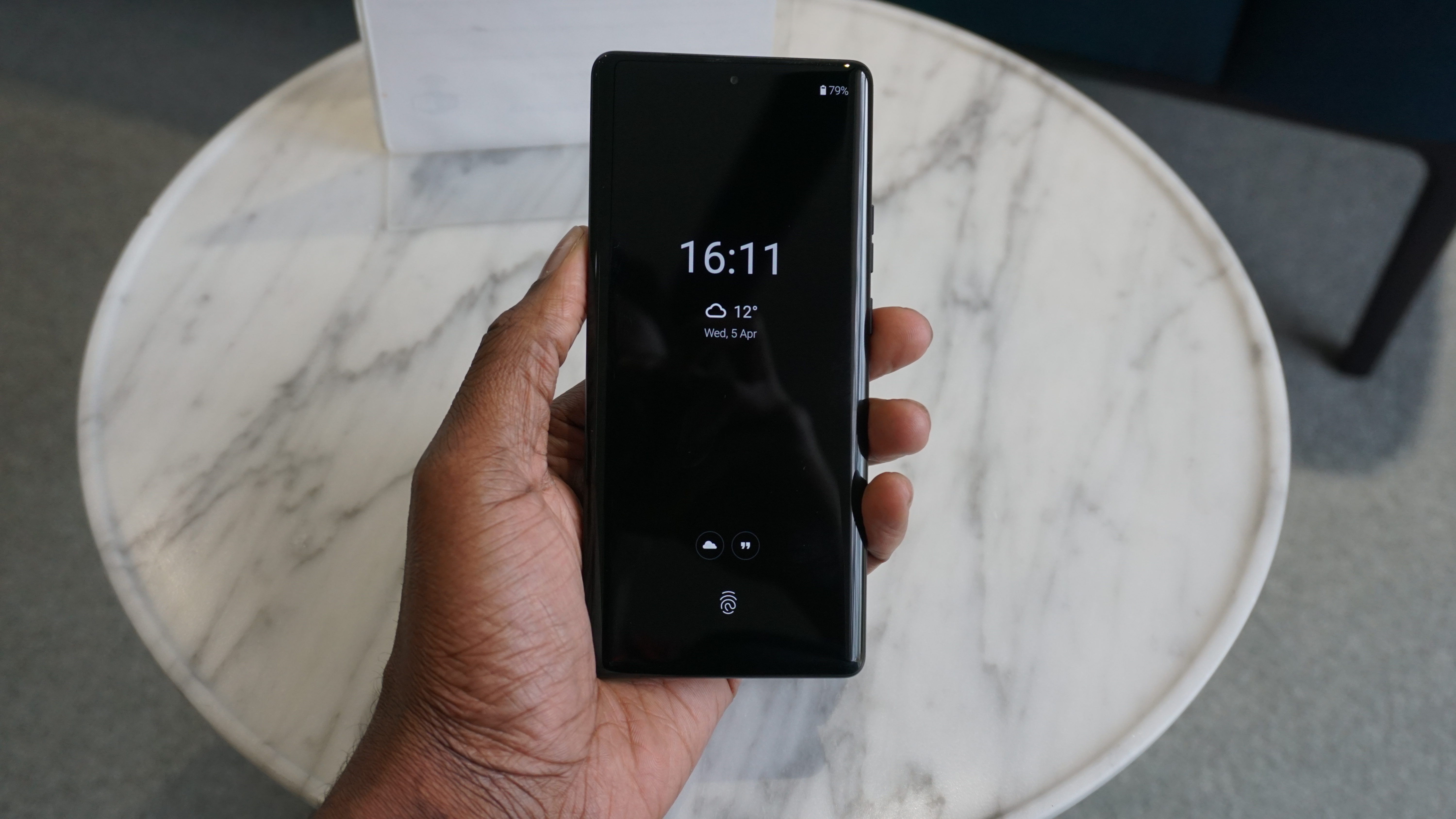
- Review test period = 1 week
- Testing included = Everyday usage, web browsing, social media, photography, video calling, gaming
- Tools used = Geekbench 6, Geekbench ML, GFXBench, native Android stats
Motorola handed me the phone after the Moto event in London. After which, I used the phone as my main phone for a week. I ran benchmarks for it at TechRadar's London offices, after which I used it as normal.
Normal use for me includes texting a lot on WhatsApp, playing One Piece Bounty Rush and Bleach Brave Souls on auto play while doing other things. I read a few books on the Kindle app (plural, I'm a fast reader). On the weekend, I did watch several TikToks, a brief Netflix show, and then I finally got around to watching the Guardians on the Galaxy Holiday Special on Disney Plus.
The photo testing part of the review involved walking around London in the rain at night. That IP68 rating gave me some extra confidence and I did appreciate the speed of the camera then.
As for me, I've been writing about and reviewing mobile technology since 2014, nearly a full decade. Prior to TechRadar, I worked at Digital Trend's Mobile division, and before that I was at Android Central about Android phones on a daily basis.
First reviewed March 2023
0 comments:
Post a Comment